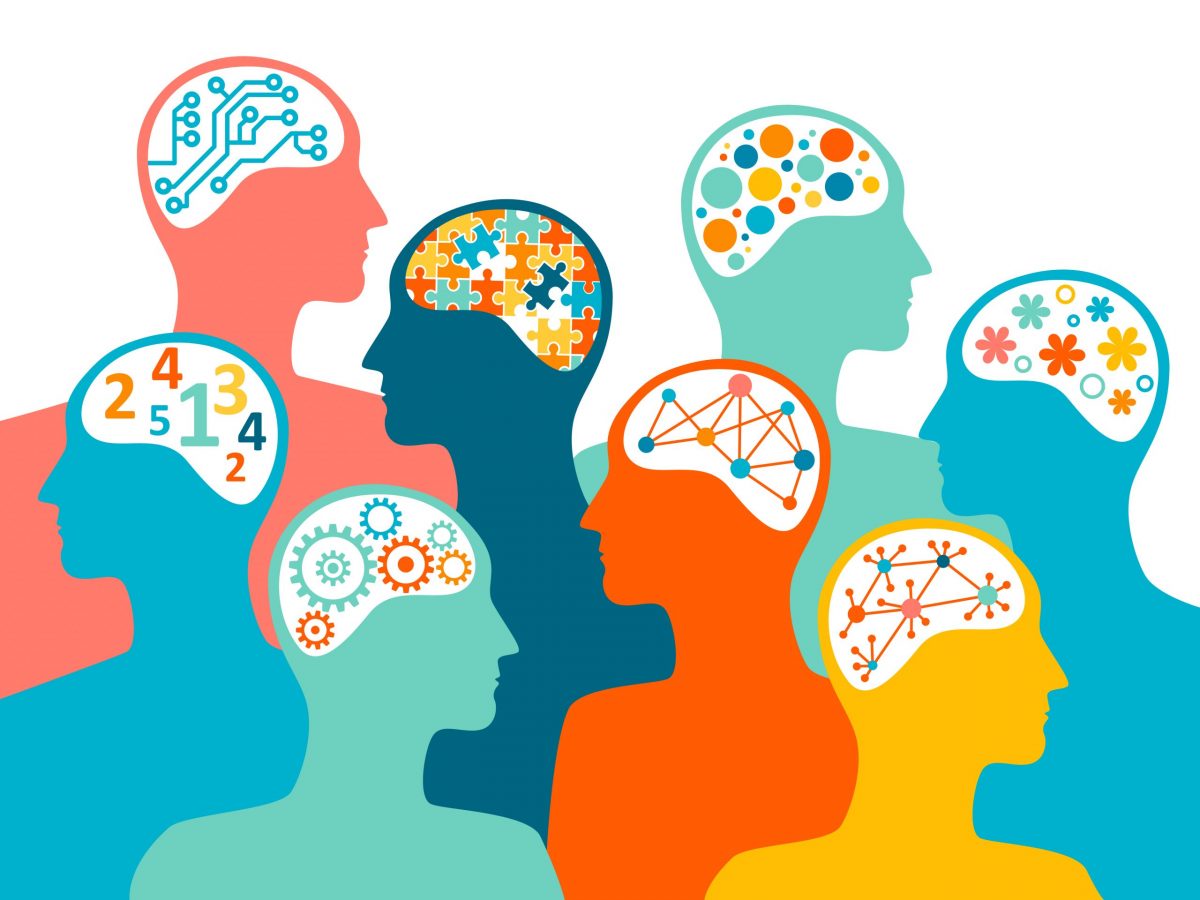Attention Deficit Hyperactivity Disorder (ADHD) and Borderline Personality Disorder (BPD) are well-known and frequently discussed neurodivergent link conditions. While they may share some similarities, such as impulsivity and emotional dysregulation, they are distinct disorders with unique diagnostic criteria and treatment approaches.
ADHD: A Brief Overview
Attention Deficit Hyperactivity Disorder (ADHD) is a neurodevelopmental disorder that affects both children and adults. It is characterized by persistent inattention, hyperactivity, and impulsivity that interfere with daily functioning and development.
ADHD can manifest in three presentations: predominantly inattentive, predominantly hyperactive-impulsive, or combined type. Symptoms of ADHD may include difficulty sustaining attention, forgetfulness, disorganization, restlessness, and impulsive decision-making.
BPD: A Brief Overview
Borderline Personality Disorder is a mental health disorder characterized by a pervasive pattern of instability in interpersonal relationships, self-image, and emotions. People with BPD often struggle with intense emotions, fear of abandonment, and chronic feelings of emptiness. Symptoms of BPD may include mood swings, impulsive behaviors, unstable self-image, and difficulties with interpersonal relationships.
Are ADHD and BPD Linked?
While ADHD and BPD are distinct disorders, they share some overlapping symptoms, particularly impulsivity and emotional dysregulation. This overlap can lead to confusion in diagnosis and may result in misdiagnosing one condition for the other.
Research suggests that there might be some connection between ADHD and BPD, with studies indicating a higher prevalence of ADHD in individuals with BPD than in the general population. Some experts have also found that individuals with childhood ADHD were significantly more likely to be diagnosed with BPD. However, it is essential to emphasize that having ADHD does not automatically mean one will develop BPD, and vice versa.
The potential link between ADHD and BPD could be attributed to various factors, including genetic, neurobiological, and environmental influences. Studies have shown that both disorders might have a genetic component, with some genes potentially increasing the risk of developing either condition. Moreover, research into brain functioning has revealed that individuals with ADHD and those with BPD might share some neurobiological differences compared to neurotypical individuals, particularly in areas related to emotional regulation and impulse control.
Environmental factors could also play a role in the development of both ADHD and BPD. For example, childhood trauma or adverse experiences have been associated with an increased risk of developing Borderline Personality Disorder, and some studies suggest a link between early life adversity and ADHD.
The Importance of Accurate Diagnosis and Treatment
Accurate diagnosis is crucial in determining the most effective treatment approach for individuals with ADHD, BPD, or both. Treatment for ADHD typically involves a combination of medication and therapy, such as cognitive-behavioral therapy (CBT) or psychoeducation, to address attention and impulse control challenges.
In contrast, therapy for BPD is often the primary mode of treatment, with dialectical behavior therapy (DBT) being a particularly practical approach. DBT combines cognitive-behavioral techniques with mindfulness practices to help individuals with BPD develop skills to manage intense emotions, improve interpersonal relationships, and decrease impulsive behaviors. While medication may also be used to treat symptoms of Borderline Personality Disorder, such as mood swings or anxiety, it is typically not the primary treatment approach.
If an individual is diagnosed with both ADHD and BPD, a comprehensive treatment approach involving medication management, therapy, and psychoeducation may be recommended. This integrated treatment can address the symptoms of both conditions, enhancing the individual’s overall functioning and quality of life.
Living with ADHD and BPD
Managing ADHD and BPD can be challenging, but with appropriate treatment and support, individuals with these conditions can lead fulfilling lives. It’s essential to remember that every person’s experience with these disorders is unique, and what works well for one person might not work well for another.
Establishing a strong support network is crucial. This network can consist of mental health professionals, family, friends, and support groups. These support systems can provide emotional assistance, practical advice, and the reassurance of shared experiences.
Self-care is another vital component in managing both ADHD and BPD. Regular exercise, a healthy diet, adequate sleep, and mindfulness activities like meditation or yoga can help manage stress, improve mood, and enhance overall well-being.
Navigating the Complex Connection
The relationship between ADHD and BPD is complex and multifaceted. While these conditions share some overlapping symptoms, they are distinct disorders with unique characteristics and treatment approaches. More research is needed to fully understand the link between these two conditions, but it’s clear that accurate diagnosis and effective treatment are crucial to managing both.
Living with ADHD, BPD, or both can be challenging, but it’s important to remember that help is available and that with the proper treatment and support, individuals with these conditions can thrive. Let’s continue to foster understanding, challenge stigma, and advocate for comprehensive mental health care, ensuring every individual receives the support they need to navigate their unique neurodivergent journey.








